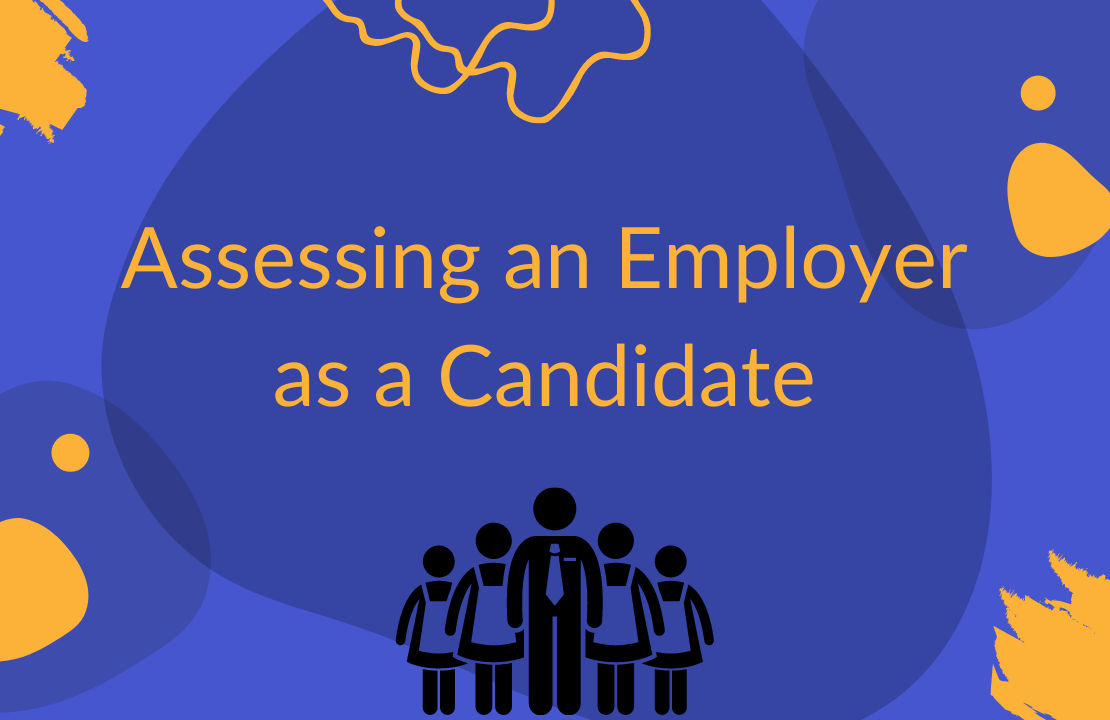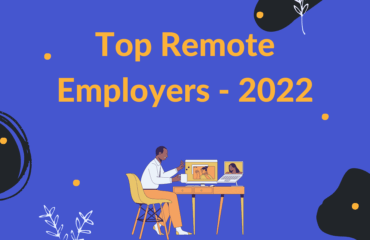Table of Contents
Vague core values, unaligned processes, and a ‘that’s the way it has always been done’ attitude are some factors that can make a workplace toxic. However, by the time employees realize this environment, it is usually too late for them to opt out. Their next best option is to move to a new company which requires a lot of time and effort. Thus, it is important to keep a check on certain factors before deciding to work with your employer of choice. In this article, we will look at some factors that you should consider while evaluating an employer.
1) Flexible Working
The ‘new normal’ has changed the way a workplace functions. The typical 9-5 jobs with little to no flexibility in the routine have taken a back seat. The good part is that many employers are very well aware of it and are beginning to adapt accordingly. According to an ACAS study, about 49% of employers expect an increase in staff working from home or remotely all week. Therefore, if you are out looking for the ideal company to work with, you should ensure your employer of choice offers flexible working options. According to the UK government, these are the type of flexible working options that you can expect:
- Job Sharing– Two people performing one job and splitting hours
- Working from Home– Working from home or remotely instead of working in the office
- Part-time– Working less than full-time hours
- Compressed Hours– Working full-time hours but over fewer days
- Flexitime– Hours (within the core working hours of the company) decided by the employee
- Annualized Hours– Employees working a certain number of hours per year, including some core hours and the rest based on availability and flexibility
- Staggered Hours– Employees have a different start time, finish time, and lunch hours than others
- Phased Retirement– Workers can decide when they want to retire, choosing to work part-time or reduced hours
2) Benefits
60% of people believe perks and benefits are important to them while considering a job offer. And so should you! When assessing a job offer from your employer of choice, pay attention to what monetary and non-monetary benefits they are offering you. Some benefits and perks to consider are:
- Competitive salary
- Vacation
- Severance package
- Healthcare benefits
- Childcare support
- Signing bonus
While an employer may not provide all or most of the benefits mentioned above, consider what is important for you. If it is something that they aren’t offering, negotiate with them. Communicate your expectations to them and analyze the best options they can provide. If you have more than one job offer, compare their perks and benefits and see which suits your needs better.
3) Positive Working Environment
As an employee, do you think you can be a part of an environment that doesn’t allow you to grow? Or how would you feel being constantly surrounded by toxic colleagues trying to indulge in unhealthy competition with you? Well, we feel the same. It will start impacting your mental and physical health, affecting your productivity and performance too. Hence, understanding the culture and work environment at your employer of choice is essential before deciding to work with them. Some key indicators of a positive work environment are:
- Open and honest communication
- A relaxed and productive environment
- Respect and compassion towards each other
- Team spirit
- Freedom to voice opinions
Some ways to find out about a company’s culture are:
- Following the company’s social media pages, especially Instagram and Facebook
- Having informational interviews with professionals who currently work or have worked there
- Asking questions about their culture and work environment in the interviews
- Researching the company
4) Work-Life Balance
Work-life balance is crucial to reduce stress and prevent burnout in the workplace. We strongly suggest understanding the work-life balance in an organization before choosing to work with them. Work-life balance refers to the level of prioritization between an employee’s personal and professional life activities. The aim is to maintain a balance between personal and professional lives to ensure a happy and healthy mind and body. Some indicative aspects of a strong work-life balance are:
- Wellbeing and emotional intelligence
- Proper work arrangements
- Effective work-life balance policies and practices
- Colleague support
- Flexible working
- Vacations
- Me-time
- Time spent with family
5) Recognition
Imagine working for a company where your team leader does not appreciate your work or where you’ve been working for years but haven’t been promoted once. What would that look like? Being recognized in the workplace keeps you going. It gives you the motivation and positivity to keep working towards the collective goals.
Recognition could be in the form of an award, a bonus, a raise, or a promotion. So make sure to check if your employer of choice recognizes its employees’ work and gives them the credit they deserve. It helps you achieve a sense of accomplishment and makes you feel valued at work.
6) Strong Leadership
“The task of the leader is to get (their) people from where they are to where they have not been.” Good leadership results in high morale, motivation, and direction. If an employer does not have strong leadership at higher levels, there will be a gap between your goals and the organization. Great leaders evoke innovation and creativity in the workplace. This is key for you to be a high-performing asset.
To understand the leadership of a company, we suggest reading about top-level management on the company website, their achievements in the last couple of years, and their financial position. This will also reflect if the company is stable and can support you in your career.
7) Community Involvement
What does an employer do to give back to the community? Before working with an organization, it is always a good idea to know about their commitment to society. Community involvement can be in multiple forms such as volunteering, donations, non-profitable partnerships, etc.
Again, keep an eye on their projects and campaigns, and see if they align with your values. Additionally, if you are passionate about a cause, check with your prospective employer if they have worked in that area before. If not, it could be a common path for you both to explore together, giving you another reason to work with the company.
Before deciding to work for an organization, doing a quick check on them can save you from working with a toxic employer. We suggest assessing them on the above-mentioned factors and ensuring everything is in line with your expectations. If you need any guidance, we are here to support you.








